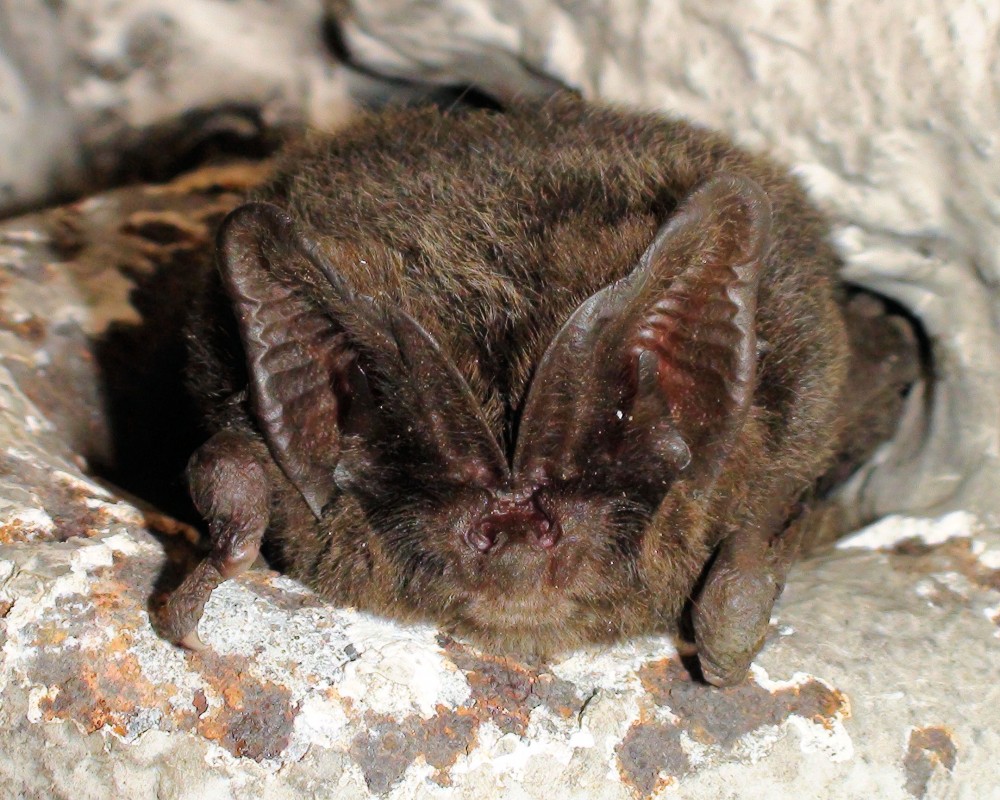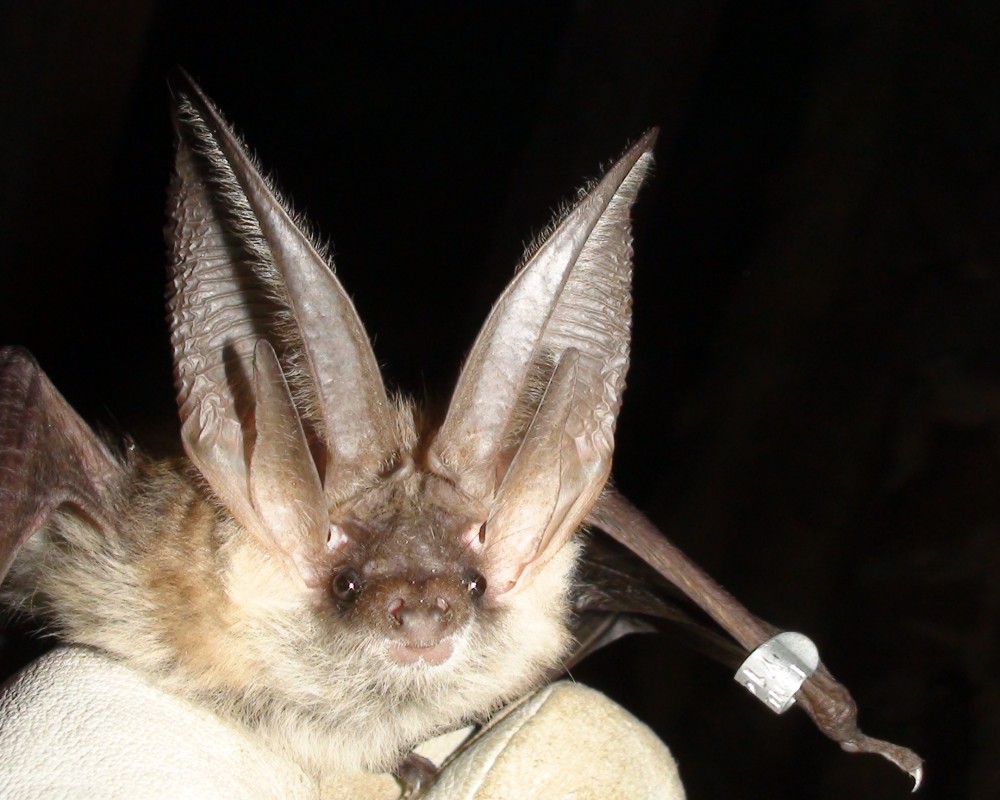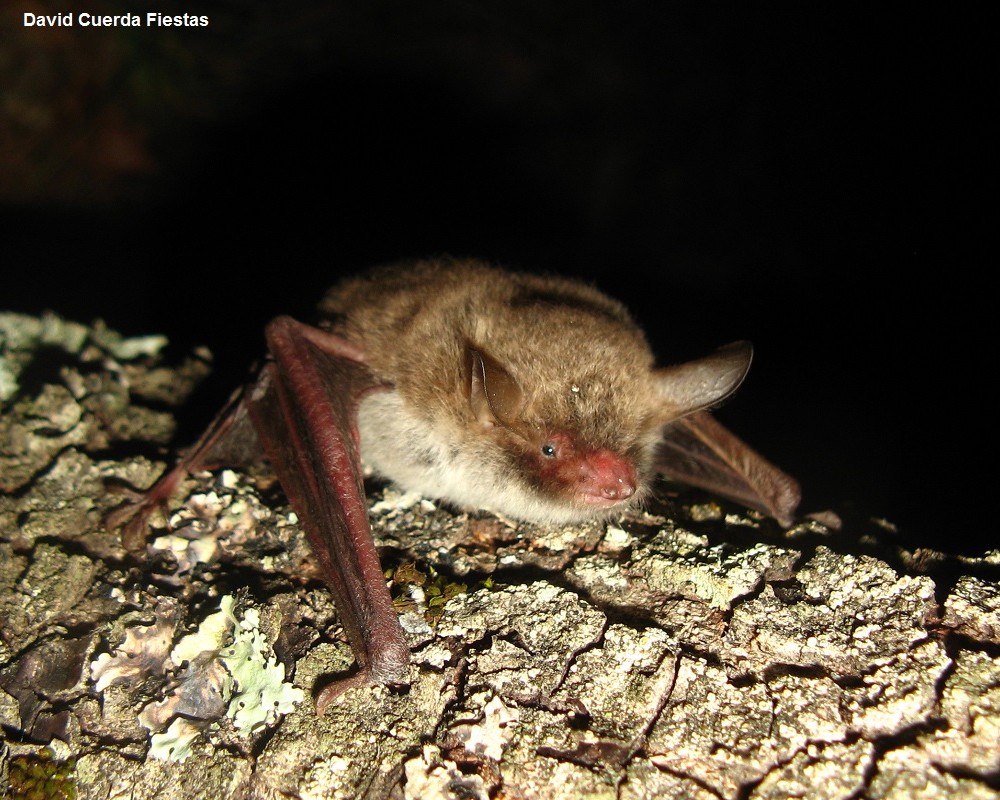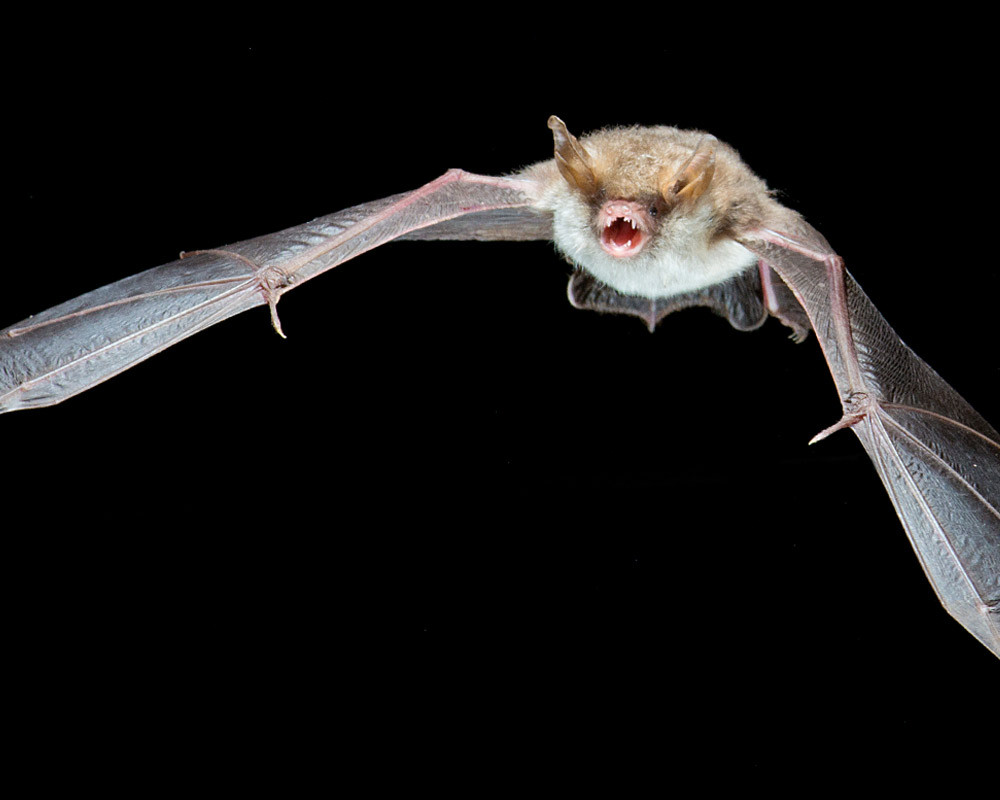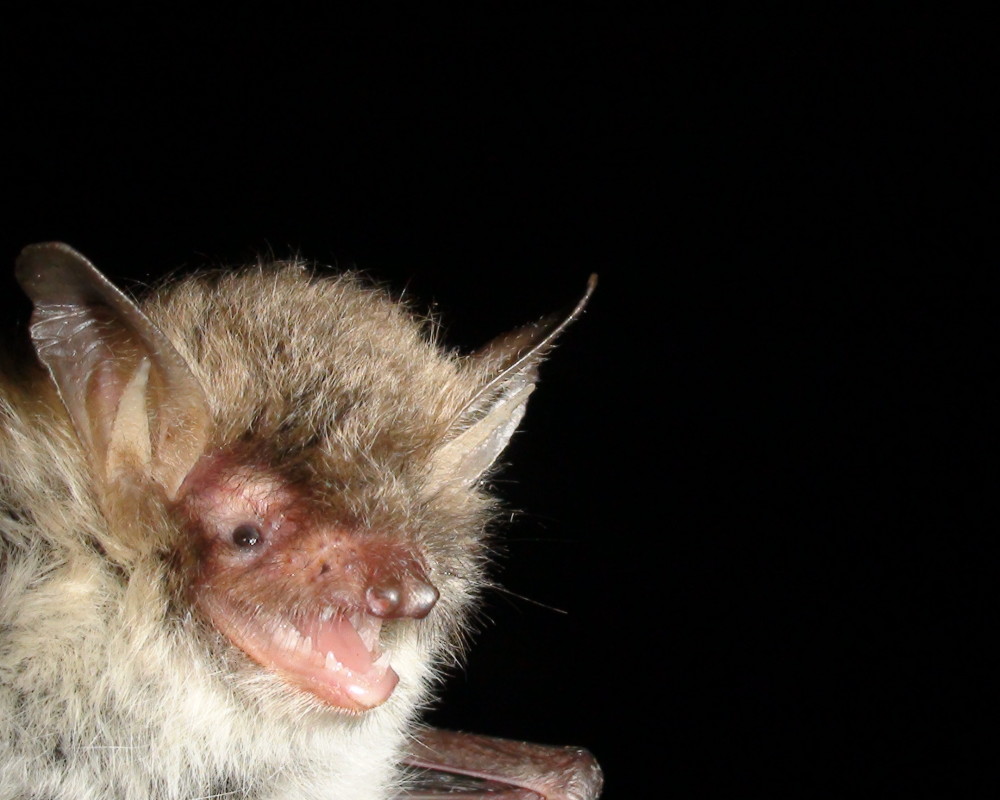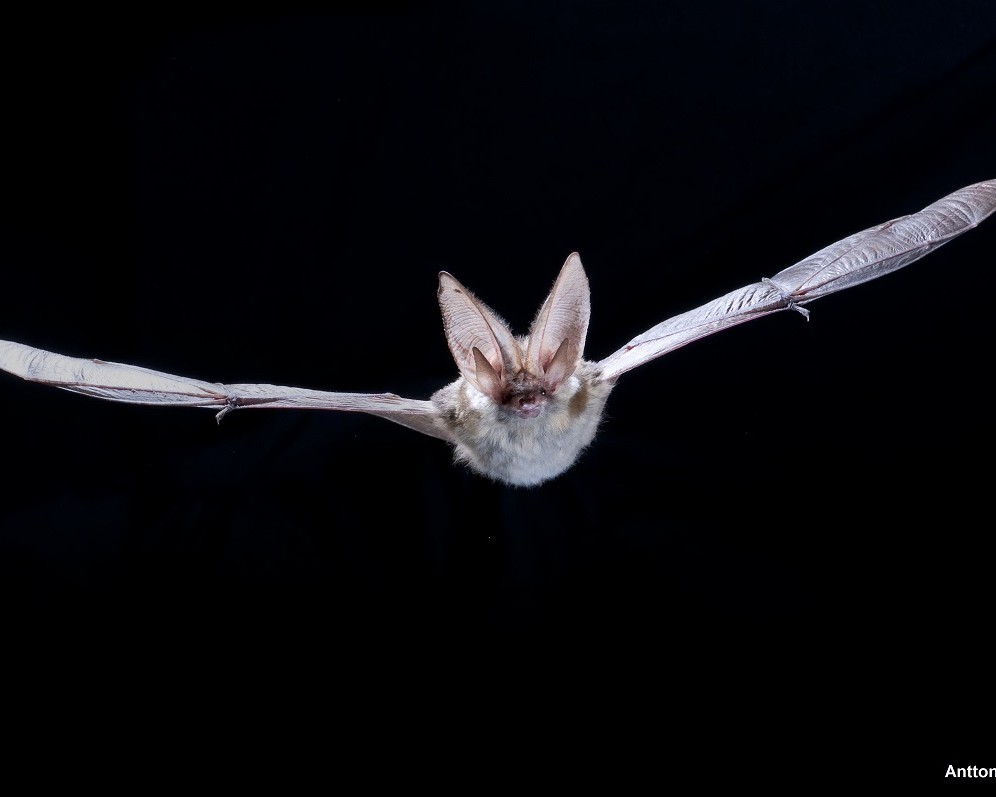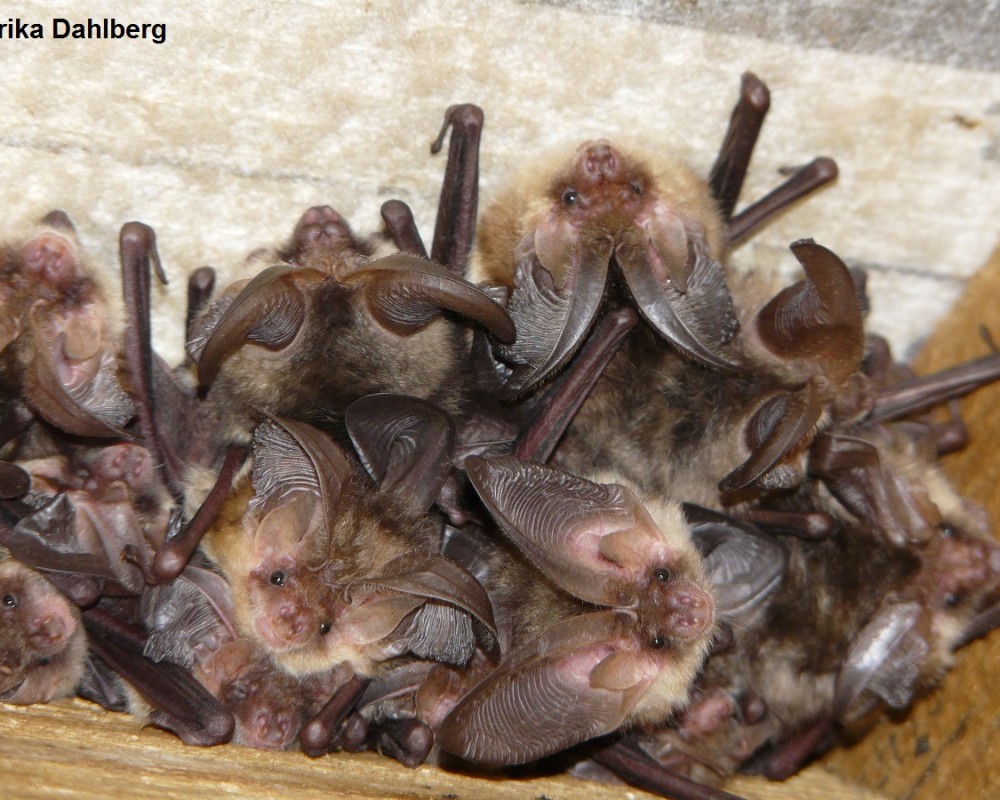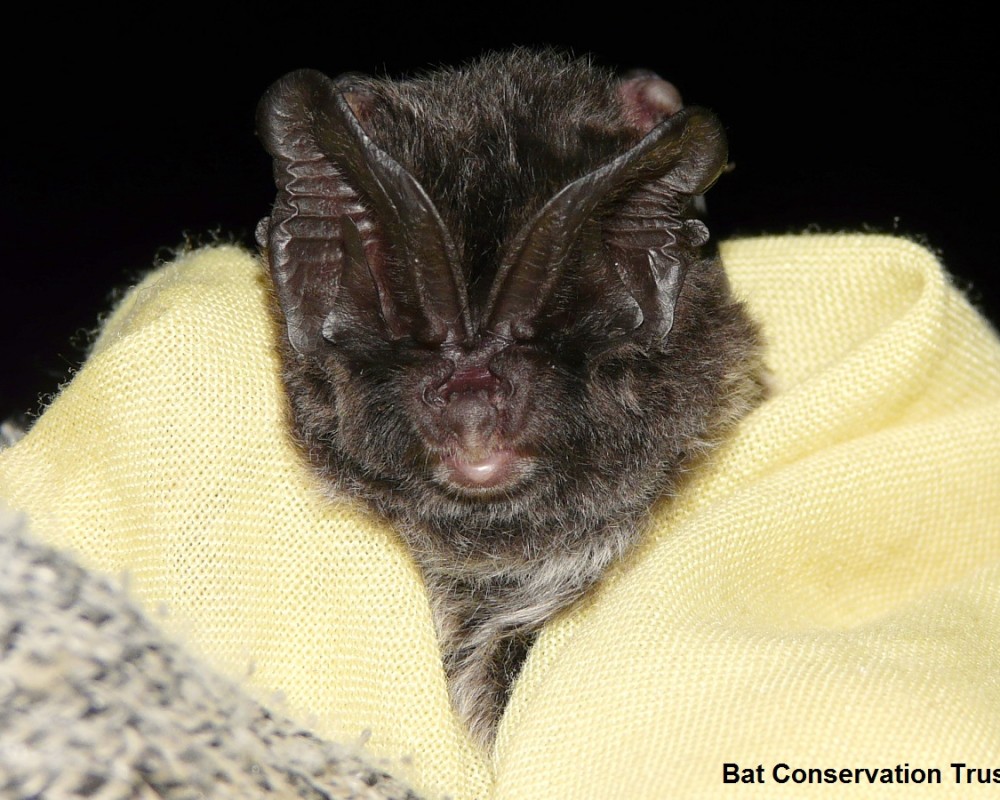PI: Dr Orly Razgour

NERC Independent Research Fellow
Senior Lecturer in Ecology
Biosciences
University of Exeter
E-mail: Orly.Razgour@gmail.com
Twitter: @OrlyRazgour
I am a molecular ecologist and conservation biologist with research interests in global change biology. My major research aims are to examine evolutionary and ecological responses to global change, and to understand how environmental heterogeneity at different spatial and temporal scales affects geographical distribution, genetic composition and ecological interactions. I carry out multidisciplinary research, combining novel genetic and genomic tools with ecological research and spatial, ecological and mathematical modelling. My research programme encompasses four main areas of investigation: 1) Genomic approaches to studying species responses to climate change: investigating genetic adaptations and their population level consequences. 2) Landscape genetics and the effect of environmental heterogeneity of range shifts. 3) Phylogeography and evolutionary history. 4) Ecological modelling of distribution, dispersal and biotic interactions. 2019-ongoing – NERC Independent Research Fellow / Senior Lecturer in Ecology, University of Exeter 2019-ongoing – Associate Editor Diversity and Distributions 2018-ongoing – Associate Editor Ecology and Evolution 2016-2019 – NERC Independent Research Fellow / Lecturer in Ecology, University of Southampton 2015-ongoing – Research collaborator, CIBIO/InBio, University of Porto, Portugal 2015-2016 – NERC Independent Research Fellow, University of Bristol 2015-ongoing – Review Editor in Conservation, Frontier in Ecology and Evolution 2014-ongoing – Research Director and board member, Bats without Borders 2013-2015 – Research Fellow, University of Stirling 2013 – GIS Specialist, The Bat Conservation Trust 2013 – Contracted Scientific Consultant, woodland bats modelling, Natural Resources Wales 2012 – Contracted Scientific Consultant, Joint Nature Conservation Consortium (JNCC) 2012 – PhD, University of Bristol, with Faculty of Science Commendation. ‘From genes to landscapes: Conservation Biology of the grey long-eared bat, Plecotus austriacus, across spatial and temporal scales’. (Supervisor: Prof Gareth Jones) 2008 – MSc in Ecology, Cum Laude, Blaustein Institutes for Desert Research. ‘Use of natural bodies of water by desert-dwelling insectivorous bats’. (Supervisors: Prof David Saltz, Prof Carmi Korine) 2006 – BSc Hons in Biodiversity Conservation and Management, 1st class Distinction, DICE, University of Kent. 2014 – John Marsden Medal for best UK doctoral thesis in Biology, The Linnean Society of London 2013 – Faculty of Science Commendation for outstanding PhD thesis, University of Bristol 2012 – Vincent Weir Scientific Award for contribution to bat conservation research 2012 – Student talk prize Population Genetics Group Meeting, University of Glasgow 2011 – Student talk prize Ecological Genetics Group Meeting, London 2008 – Merav Ziv Award for MSc research project, Ben-Gurion University 2007 – Frederick Siegmund Prize for excellence in desert studies, Ben-Gurion University 2004-2006 – Faculty and Rotary Prizes for outstanding academic achievements, University of Kent 2019-2022 – EU COST Action Network – ‘Climate change and bats: from science to conservation (CLIMBATS)’, role: leading a Working Group and Management Committee member (€500,000). 2019-2020 – NERC Biomolecular Analysis Facility pilot project grant– ‘Identifying the genomic basis of adaptations to arid environments in bats’, role: PI (£5,642). 2018-2022 – Fundação para a Ciência e Tecnologia (FCT), Portugal, ‘BatPine – Promoting the resilience of ecosystem services to climate change: a case study with pine plantations, pine processionary moth and bats’, role: co-I (€230,000). 2018-2022 – Fundação para a Ciência e Tecnologia (FCT), Portugal, ‘ConBiomics: the missing approach for the Conservation of freshwater Bivalves’, role: collaborator. 2017-2021 – SPITFIRE NERC DTP PhD Studentship, ‘How will greening the desert affect bats and the ecosystem services they provide?’ , role: PI (£75,000). 2015-2020 – NERC Independent Research Fellowship, ‘Developing an integrated framework for investigating biodiversity responses to global environmental change’, role: PI (£668,885). 2017-2019 – Biodiversity Information for Development EU & GBIF Grant, ‘Mobilising Bat Occurrence Data in Zambia’, role: Co-I (€39,954). 2015-2017 – Marie Skłodowska-Curie Action Individual Fellowship (declined the award). 2014-2016 – Rufford Small Grant Fund, ‘Using genetic tools to assess the conservation status of cave-dwelling bats’, PI Rachael Cooper-Bohannon, role: Co-I (£12,000). 2014-2015 – British Ecological Society Research Grant, ‘Up in the air: researching ecological connectivity in sky island bats of the Ethiopian Highlands’, role: PI (£5,000). 2014 – SAGES Early Career Researcher Exchanges Grant (£2,780). 2013-2015 – University of Stirling Impact Fellowship, ‘Fight or flight: The spatial genomics of bat species response to climate change’, role: PI (£72,000). 2012 – Bat Conservation Trust, Funding to write a conservation management plan. 2011 – NERC Biomolecular Analysis Facility Project Grant, ‘Conservation genetics of the grey long-eared bat (Plecotus austriacus) across spatial and temporal scales’, PI Gareth Jones (£20,604). 2010 – Vincent Weir, ‘Molecular diet analysis of cryptic bat species’, role: PI. Razgour O, Forester B, Taggart J, Bekaert M, Juste J, Ibanez C, Puechmaille SJ, Novella-Fernandez R, Alberdi A, Manel S. (2019) Considering adaptive genetic variation in climate change vulnerability assessment reduces species range loss projections. Proceedings of the National Academy of Sciences of the USA (PNAS). PDF Centeno-Cuadros A, Razgour O, García-Mudarra JL, Mingo-Casas P, Sandonís V, Redondo A, Ibáñez C, de Paz O, Martinez-Alós S, Pérez Suarez G, Echevarría JE, Just J. (2019) Hybridization in cryptic bats, comparative phylogeography and consequences for rabies virus transmission. Journal of Zoological Systematics and Evolutionary Research. , , , Juste J, Ibáñez C, Rebelo H, Alberdi A, Jones G, Park K (2018) An integrated framework to identify wildlife populations under threat from climate change. Molecular Ecology Resources 18: 18-31. PDF [From the cover article; News & Views perspective – Hoban S (2018) Molecular Ecology Resources 18: 14-17]. Razgour O, Persey M, Shamir U, Korine C (2018) The role of climate, water and biotic interactions in shaping biodiversity patterns in arid environments across spatial scales. Diversity and Distributions (In Press). PDF Vasconcelos R, Razgour O, Tarroso P, Fasola M, Carranza S, Alves PC (2018) Combining molecular and landscape tools for targeting evolutionary processes in reserve design: an approach for islands. PLoS ONE 13(7): e0200830. PDF Razgour O, Rebelo H, Di Febbraro M, Russo D (2016) Painting maps with bats: species distribution modelling in bat research and conservation. Hystrix PDF Jones M, Bertola LD, Razgour O (2016) Predicting the effect of interspecific competition on habitat suitability for the endangered African wild dog under future climate and land cover changes. Hystrix PDF Razgour O, Salicini I, Ibáñez C, Randi E, Juste J (2015) Unravelling the evolutionary history and future prospects of endemic species restricted to former glacial refugia. Molecular Ecology 24: 5267-5283. PDF Alberdi A, Gilbert MTP, Razgour O, Aizpurua O, Aihartza J, Garin I (2015) Contrasting population-level responses to Pleistocene climatic oscillations in an alpine bat revealed by complete mitochondrial genomes and evolutionary history inference. Journal of Biogeography 42: 1689–1700. PDF Razgour O (2015) Beyond species distribution modelling: a landscape genetics approach to investigating range shifts under future climate change. Ecological Informatics 30: 250-256. PDF Razgour O, Rebelo H, Puechmaille SJ, Juste J, Ibáñez C, Kiefer A, Burke T, Dawson DA, Jones G (2014) Scale-dependent effects of landscape variables on gene flow and population structure in bats. Diversity and Distributions 20: 1173–1185. PDF Hope PR, Bohmann K, Gilbert MTP, Zepeda L, Razgour O, Jones G (2014) Second generation sequencing and morphological faecal analysis reveals unexpected foraging behaviour by Natterer’s bat (Myotis nattereri) in winter. Frontiers in Zoology 11: 39. PDF Razgour O, Juste J, Ibáñez C, Kiefer A, Rebelo H, Puechmaille SJ, Arlettaz R, Burke T, Dawson DA, Beaumont M, Jones G (2013) The shaping of genetic variation in edge-of-range populations under past and future climate change. Ecology Letters 16: 1258–1266. PDF Razgour O, Whitby D, Dahlberg E, Barlow K, Hanmer J, Haysom K, McFarlane H, Wicks L, Williams C, Jones G (2013) Conserving grey long-eared bats (Plecotus austriacus) in our landscape: a conservation management plan. www.bats.org.uk. PDF Razgour O (2013) Grey long-eared bat in Jersey. Societe Jersiaise Annual Bulletin 31: 42–43. Razgour O, Clare EL, Zeale MRK, Hanmer J, Bærholm Schnell I, Rasmussen M, Gilbert MTP, Jones G (2011) High-throughput sequencing offers insight into mechanisms of resource partitioning in cryptic bat species. Ecology and Evolution 1: 556–570. PDF Razgour O, Hanmer J, Jones G (2011) Using multi-scale modelling to predict habitat suitability for species of conservation concern: The grey long-eared bat as a case study. Biological Conservation 144: 2922–2930. PDF Razgour O, Korine C, Saltz D (2011) Does interspecific competition drive patterns of habitat use in desert bat communities? Oecologia 167: 493–502. PDF Razgour O, Korine C, Saltz D (2010) Pond characteristics as determinants of species diversity and community composition in desert bats. Animal Conservation 13: 505–513. PDF About me
Current and previous positions
Academic history
Academic awards
Research grants
Publications
Publications
Selected scientific conference presentations



